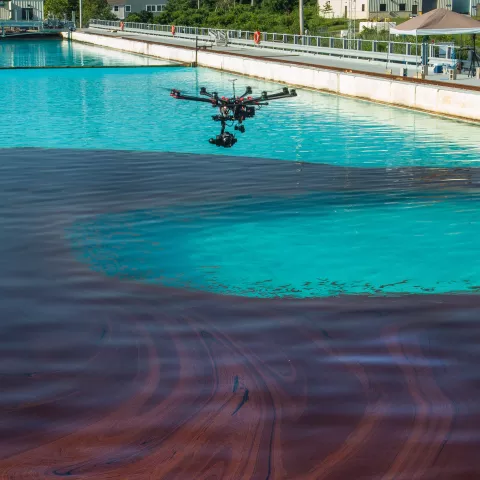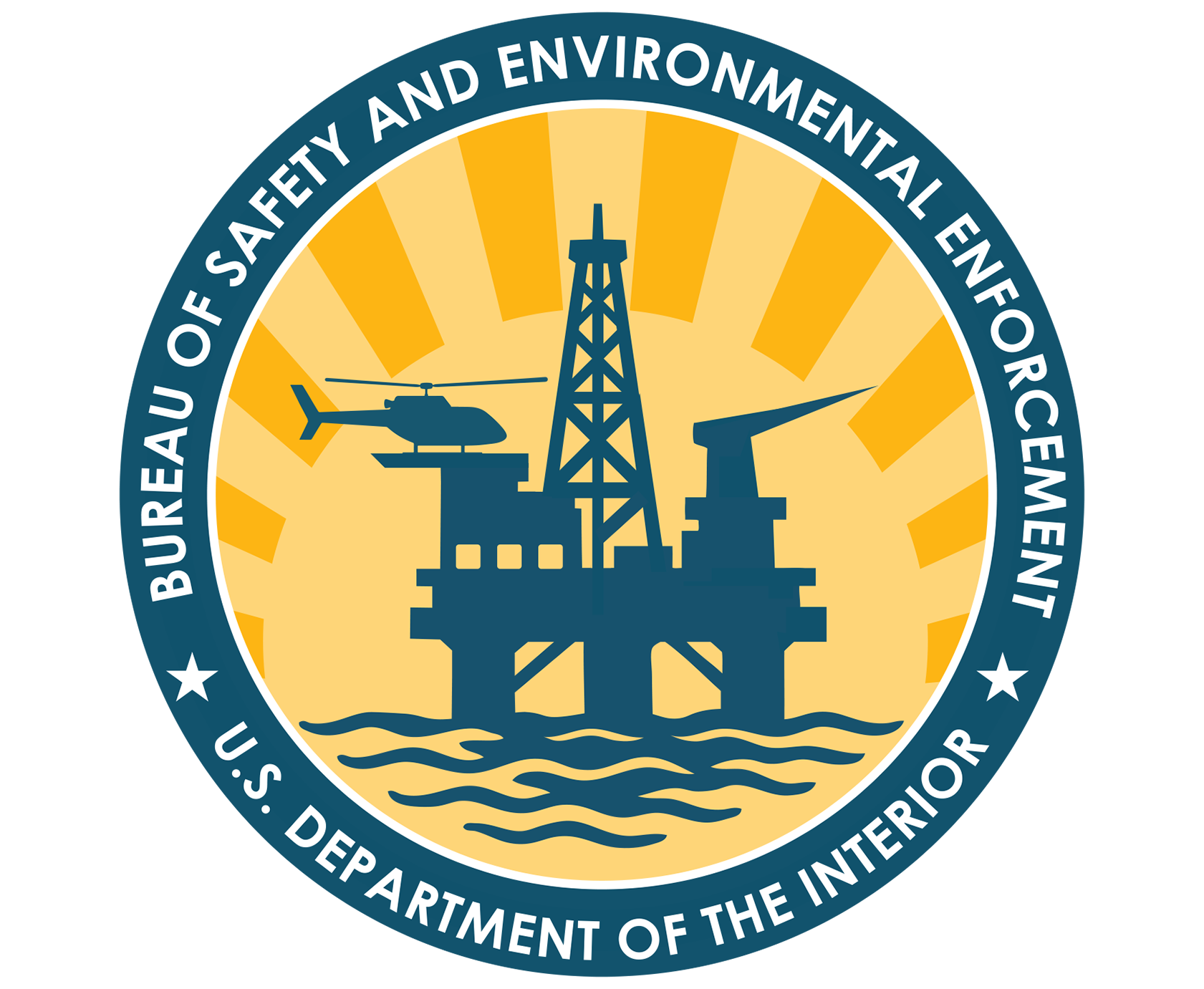
You are viewing ARCHIVED content published online before Jan. 20, 2025. Please note that this content is NOT UPDATED,
and links may not work. Additionally, any previously issued diversity, equity, inclusion or gender-related guidance on
this webpage should be considered rescinded. For current information, visit
News Items | Bureau of Safety and Environmental Enforcement.
NEW ORLEANS - Federal responses to environmental incidents rely on the latest research results, the Bureau of Safety and Environmental Enforcement’s (BSEE) John Caplis told attendees Monday at the 2017 Gulf of Mexico Oil Spill and Ecosystem Science Conference. Addressing the conference theme, “Ecosystem Approaches to Gulf Response and Restoration,” Caplis explained how federal responders make planning and response decisions, particularly as they relate to oil spill preparedness. Caplis emphasized that federal regulators often work with academic researchers, and described the ways science is integrated into oil spill preparedness as well as spills clean-up efforts.
Caplis is an emergency oil spill response coordinator within BSEE’s Oil Spill Preparedness Division. During the plenary session he described how federal responders make planning and response decisions, and the opportunities and challenges of using academic research in applied contexts. The conference is a forum for national and international researchers to share the latest scientific results with academics, state and federal agency employees, industry staff and nonprofit organizations.
Image: The Bureau of Safety and Environmental Enforcement uses a drone to test remote sensing of emulsion at its Ohmsett test facility in Leonardo, N.J.
